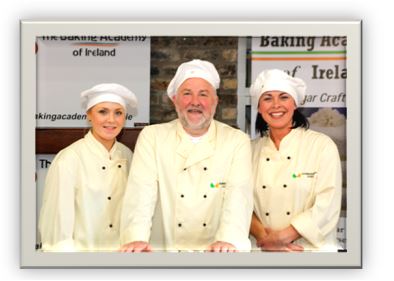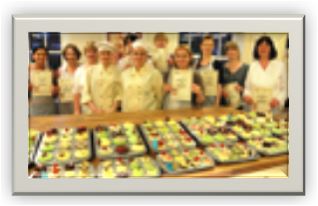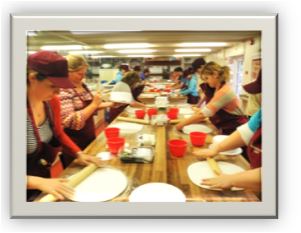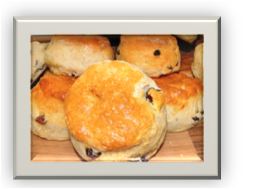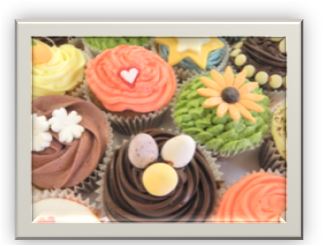Home Economics
Here is an overview of the subject in pdf format.
Or read on...
Junior Certificate
Home Economics is a subject where you will learn how to take care of yourself, others, your home and your environment. As Home Economics is a very practical subject, you will carry out a lot of activities in school and at home.
What will I learn in Home Economics?
Some of the things you will learn about are:
• Your body - what is good to eat and how to keep healthy?
• Food - how it nourishes your body, how to choose it, store it, and how to prepare and cook it
• using money - how to spend it wisely, how to save it, and how you are protected as a consumer
• Your home - about design in the home, about safety and hygiene
• Design and craftwork, child development, textiles - you will carry out a project in one of these areas.
How will I learn Home Economics?
in school?
Some of the things you may do with your teacher and classmates are:
• follow recipes and cook dishes, in pairs and on our own
• carry out projects on foods
• use textbooks, DVDs, computer programs and other materials
• Hand and/or machine sew to make small items for yourself or your home.
Some other things that will help you learn in class are if you:
• ask questions
• take notes
• keep a file of your work and your recipes
• suggest things to cook and make
• keep a file of interesting ideas for your craftwork or textiles.
How can I learn more about Home Economics outside of school?
Some of the things you may do are:
• cook dishes at home
• If you are eating out, take note of menus, prices, etc.
• use a library, magazines and the internet for information and ideas on food, household items and design
• watch cookery and interior decoration programmes on television
• look at fashion magazines for design ideas
• When shopping for clothes, look at the care labels and the type of fabrics used.
You can get your family to help by:
• organising your food for cookery class
• tasting what you cook.
What is the Home Economics Junior Certificate exam like?
In Junior Certificate Home Economics you will be examined in three ways:
1. Coursework - with help of your teacher, you will choose a project from one of the following areas: Child Development, Design and Craftwork or Textiles Skills
2. A practical cookery exam - you will have a one and a half hour practical cookery exam which involves preparing and cooking food
3. A written examination - you will also have a written exam, which you can take at Higher or Ordinary level. When the time comes to decide, your teacher will help you choose the level that suits you best.
How will Home Economics be useful to me?
You will be able to use information you have studied in your everyday life; from looking after yourself, to shopping and caring for others.
You will be more experienced at managing your resources and your time.
There are many jobs and careers that you can work in, e.g. chefs/cooks, catering, fashion and textiles, child care, teaching, food industry, tourism, and health and nutrition
Will Home Economics be very different after the Junior Certificate?
In Leaving Certificate Home Economics you will study the core areas in greater detail:
• Food Studies
• Resource Management and Consumer Studies
• Social Studies.
You will also choose to study an elective area, in consultation with your teacher:
• Home Design and Management
• Textiles, Fashion and Design
• Social Studies.
Will Home Economics have anything to do with other subjects I will be studying?
Yes, it will. You will find links with Science, SPHE, Physical Education, Art, Craft, Design and Business Studies.
Leaving Certificate Home Economics
Subject Overview
The Leaving Certificate Home Economics syllabus provides students with knowledge, understanding, skills and attitudes necessary for managing their own lives, for further and higher education and work. The learning experiences in home economics develop flexibility and adaptability in students, prepare them for a consumer-oriented society and provide a learning foundation for a wide range of careers in food, textiles, science, design, social studies and tourism. The subject is an applied subject combining theory with practice. It is concerned with the management of resources (material and human) to meet the physical, emotional, intellectual, social and economic needs of individuals and families. The study of home economics emphasizes the interdependent relationships that exist between individuals, families and their immediate and distant environments.
Content
The syllabus is based on a core of three areas of study that is studied by all students and one elective area, from a choice of three.
Core
Electives
The elective allows students the opportunity to undertake a more detailed study of one area of the core.
There are three electives, from which one may be chosen:
- Home design and management
- Textiles, fashion and design
- Social studies
Assessment
Leaving Certificate Home Economics-Scientific and Social is assessed, at Ordinary and Higher level, as follows:
-
A terminal examination paper
-
An assessment of the practical components of the programme, that is the food studies from the core area and the textiles, fashion and design elective (where applicable).
Examination paper 80%
Core: 60%
Electives: 20%
Assessment of practical coursework 20%
Careers
Home Economics is relevant to a diverse range of career paths. Career opportunities can be found with community health organisations such as government health departments, the food industry, local councils, health promotion and nutrition agencies, consumer advocacy, counselling, family and social work organisations.
For more information about the Home Economics course
www.curriculumonline.ie
www.examinations.ie
www.homeeconomics.ie
www.scoilnet.ie
Home Economics in Manor House School
In Manor House School we have 3 specialist Home Economics rooms: 2 modern kitchens and 1 sewing room. Home Economics is extremely popular at both levels and results are always excellent. Junior cycle students particularly enjoy baking items such as cup-cakes, scones and cookies and cooking meals such as spicy beef fajitas, spaghetti bolognaise various soups and chicken curry and rice.
The Design and Craftwork option at Junior Cycle is also very popular. Students make items such as cushions with applique, patchwork quilts, cross stitch pictures and felt pictures. Examples of these can be seen below.
Cake Decorating
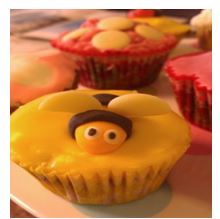
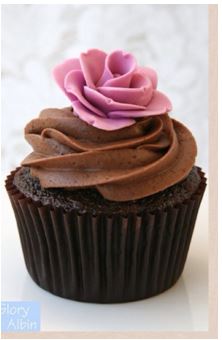
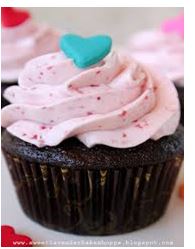
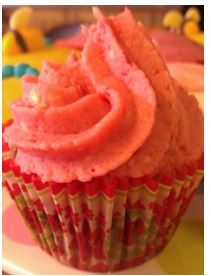
Christmas Cakes
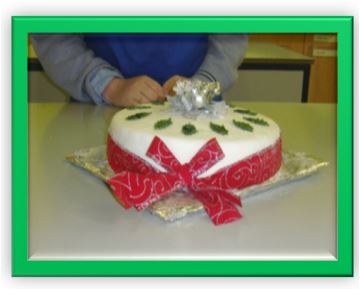
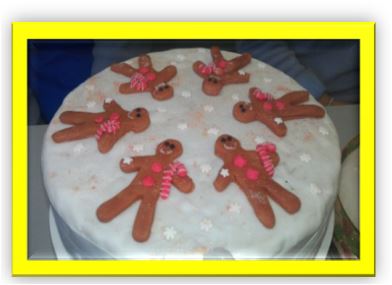
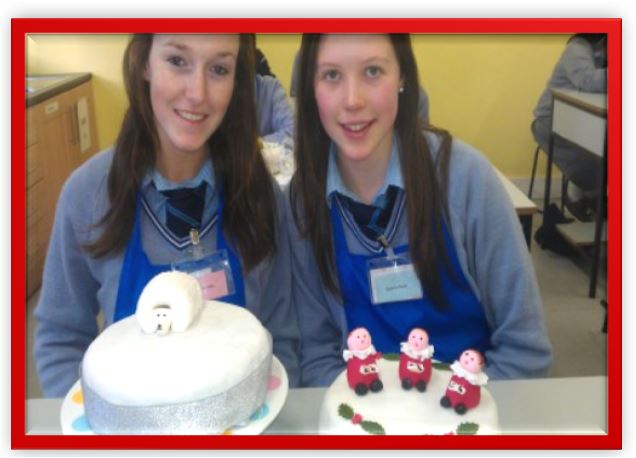
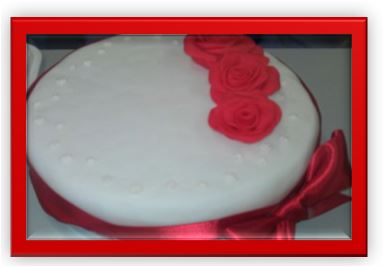
Butlers Chocolate Factory Visit
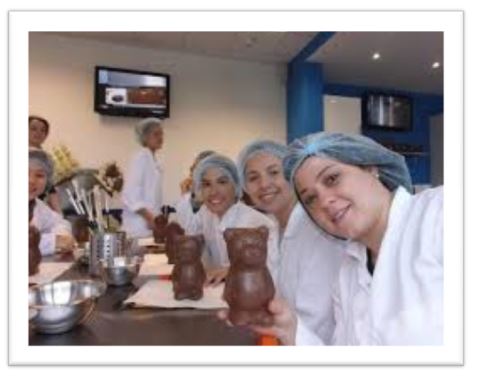
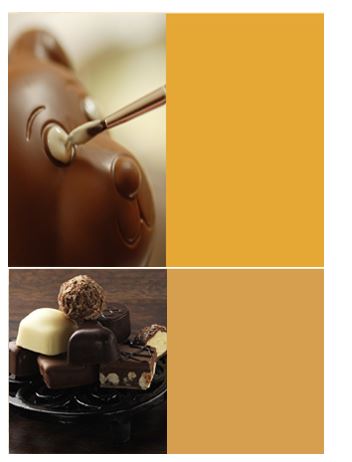
Textile Projects
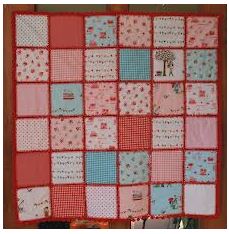
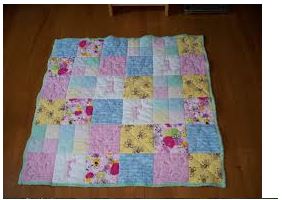
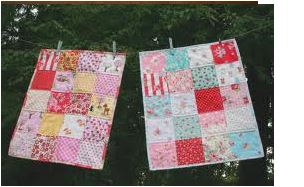
Bord Bia Presentation
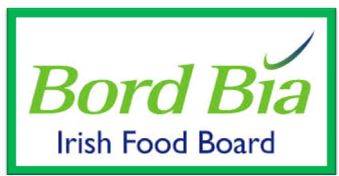
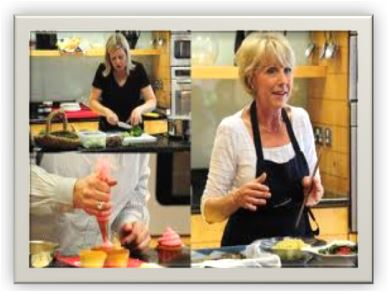
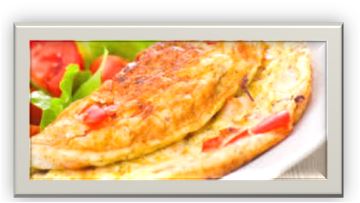
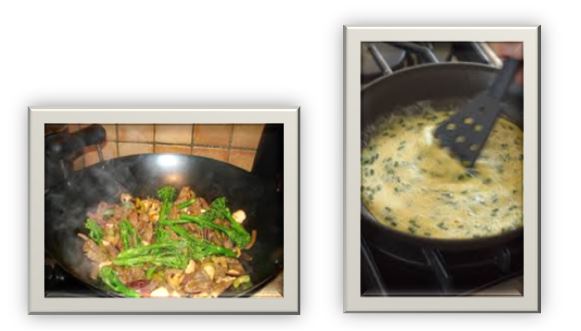
The Baking Academy Visit
